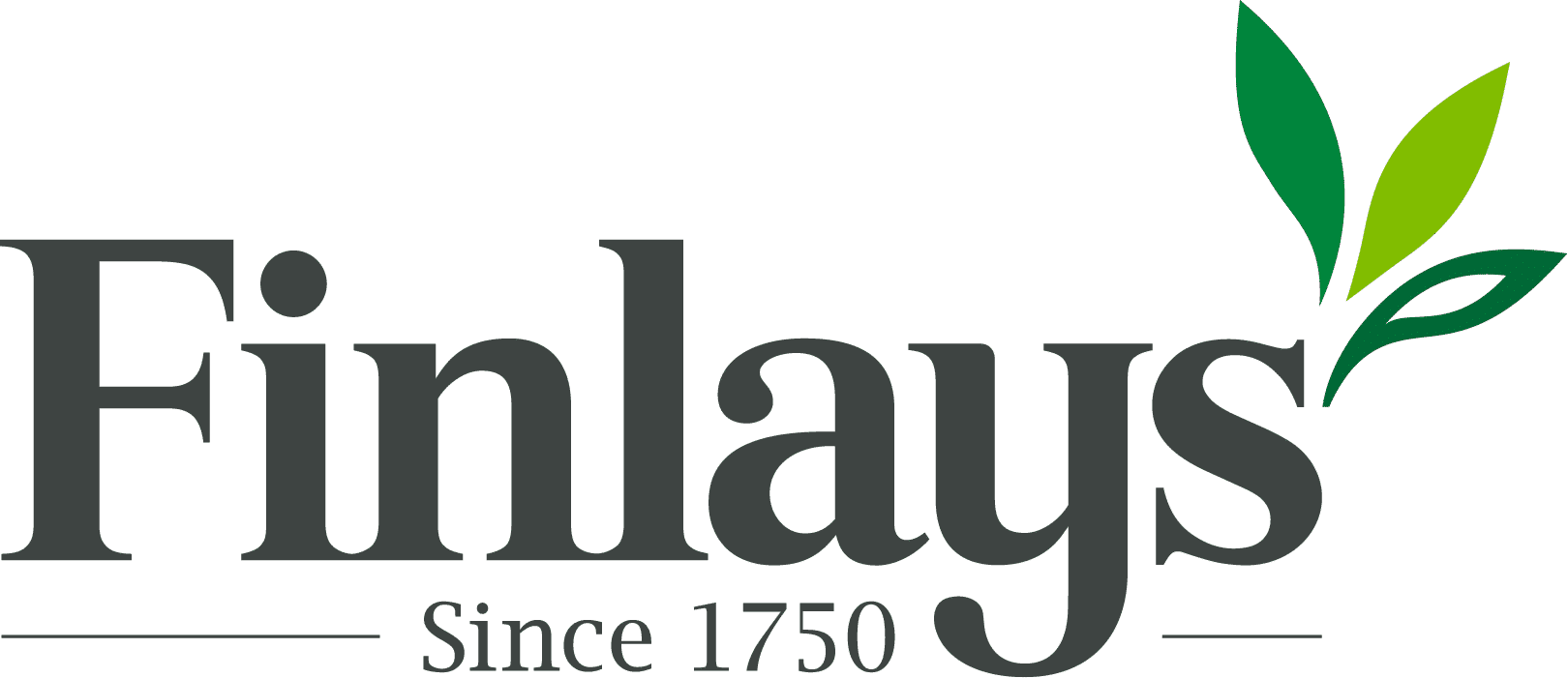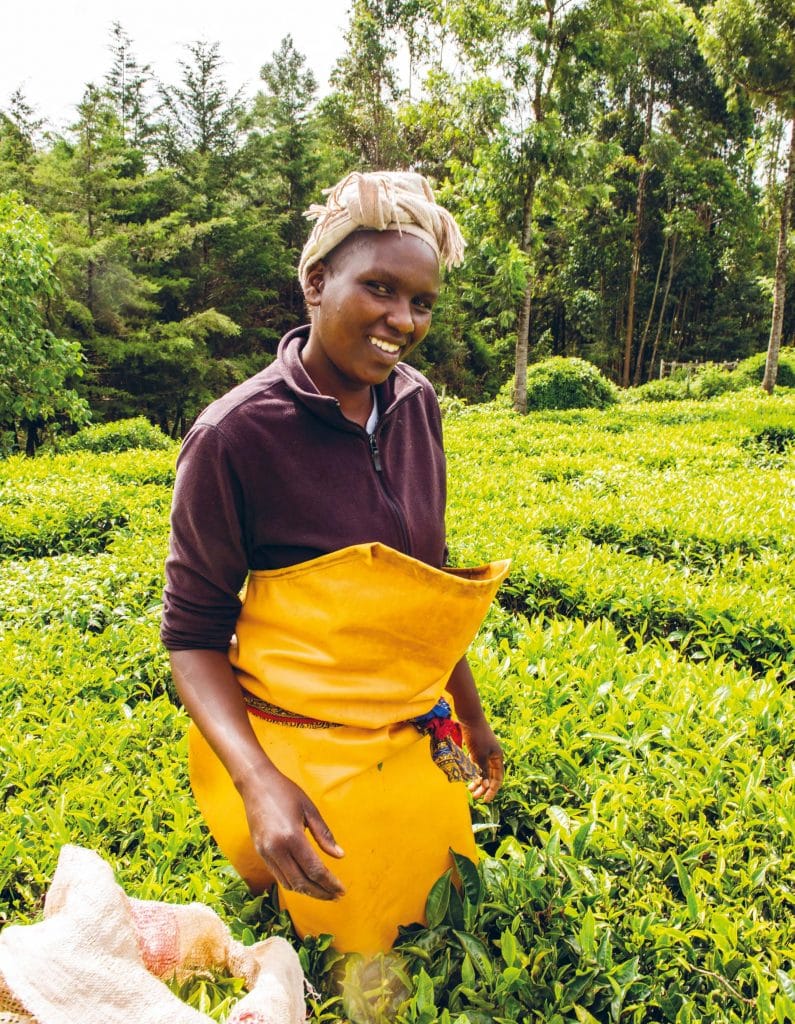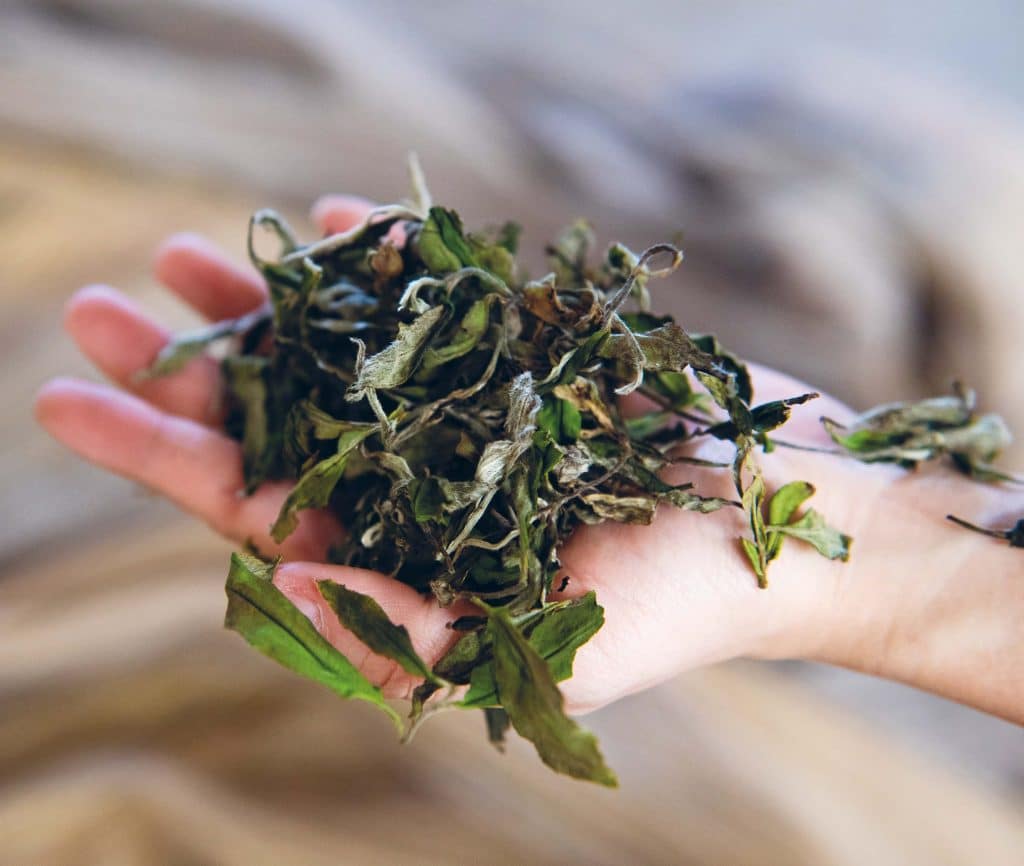5 Trends for Sustainable Sourcing in Tea & Coffee
In this article from 1750, Group Head of Sustainability Subathra Vaidhiyanathan explores why sustainable sourcing in beverages should be a top priority for us all.
The unexpected year of 2020 demonstrated, yet again, how interdependent and interconnected we all are. It reminded us how a consistent, uninterrupted supply of goods is critical to a functioning and successful business.
Covid-19 exposed both the vulnerabilities and strengths of having a globally dispersed supply chain. So ensuring our sourcing and supply chains are resilient and sustainable has never seemed more important.
Why should sustainable sourcing be a top priority for us all?
1. Safeguarding the future of the beverage industry
Firstly and most pressingly, sustainable sourcing is crucial to safeguarding the commercial future of the beverage industry. The World Economic Forum’s Global Risks Report 2021* identified the top five global risks by likelihood as: extreme weather, climate action failure, human environmental damage, infectious diseases and biodiversity loss. All of these will have a huge impact on agriculture and the wider food system. We all have a responsibility to ensure our sourcing doesn’t further contribute to these issues.
2. Better risk management
Secondly, mitigating the impacts of these issues is critical from a risk management perspective. Being able to trace a product back to the site it was first processed assures that food safety, quality and ethical standards are upheld throughout every stage of the product journey.
3. Meet customer demands
Thirdly, sustainable sourcing represents an opportunity for the increasingly hard to ignore reason that consumers are demanding it. An IBM Research Insights survey** suggests sustainability has hit the tipping point for retail and consumer product companies. 71% of consumers surveyed said traceability of products was very important to them and they were willing to pay a premium for it. In that sense, sustainable sourcing has become a potential value-add for brand owners.
4. It’s the right thing to do
A final reason sustainable sourcing is important is, quite simply, because it’s the right thing to do. The United Nations Global Compact*** recognises that “a company’s entire supply chain can make a significant impact in promoting human rights, fair labour practices, environmental progress and anti-corruption policies”. It’s an opportunity to make a positive difference to the lives of millions of people. It builds trust in the company and its supply chain. For Finlays, knowing our suppliers and our supply chain enables us to solve problems and work together to proactively manage challenges.
What’s next for sustainable sourcing in the near future?
As companies journey deeper into sustainable sourcing, what will be the focus areas going forwards? Here’s what we at Finlays see as some key emerging trends and initiatives.
- An increased focus on living wage and in-work poverty: The Rainforest Alliance’s updated 2020 Certification**** requires identifying the gap between current wages and living wage benchmarks with continuous improvements to close the gap. Such announcements signify a step change towards embedding living wages into supply chains.
- Even greater transparency: As more companies engage in sustainable sourcing, increasing numbers are publishing their list of suppliers, and opening themselves up to external scrutiny. Some are even asking their suppliers to give feedback on the impact of their purchasing practices through the Better Buying initiative. Ever-improving digital technology is helping to push this further than previously possible.
- Increasing engagement and collaboration: With growing numbers of companies committing to science based targets or net zero pledges, they are recognising that the supply chain is often one of their biggest impacts. Collaborating with suppliers will be crucial to achieve their carbon reduction targets. Deeper engagement will also be required as companies see a need to move beyond sustainability certification. New initiatives are trying to plug the gaps where audits can sometimes fall short, to focus on better understanding the needs of workers.
- A greater focus on sustainable sourcing as value addition: As consumers increasingly demand their products to be sustainably sourced, we expect to see a renewed focus on how brand owners meet this demand. For some, it may mean working towards sustainable sourcing for the first time. For others it may mean seeing sustainable sourcing as a value-creating differentiator, particularly when combined with the wider trend for health and natural products.
- Setting an ever-higher bar: A holistic approach to sustainable sourcing goes beyond traceability, transparency and assurance. It is about building long-term relationships, creating value for every player across all levels of the supply chain, and building systems and processes collaboratively to address complex industry-wide issues.
While there’s no one-size-fits-all solution, we should all be asking where the bar should be set. Sustainability is an ongoing process; it’s about striving for better. In this process, it’s important to look beyond our own walls and use pre-competitive forums to tackle some of the industrywide challenges together. Ultimately, we are all after the same goal: to secure the future of our industry, our climate and the people who grow our products. We, at Finlays, hope to continue on this journey with our suppliers and partners.
Perspectives on Sustainable Sourcing
Helen Hume, Group Head of Tea, Finlays: “Sustainable sourcing in tea is about buyers and sellers working closely to ensure a continued balance of economic, social, and environmental factors that sustains both businesses over time. Those we buy from now, we hope to be buying from in 40 years’ time. Sustainable tea sourcing isn’t a goal – it’s an ongoing process and progression. That the tea industry is centuries old speaks to its sustainability.”
“The future depends on keeping the three pillars of sustainable supply in harmony. The future of sustainable sourcing will be going beyond the certification. In particular, retail customers want more than the ‘stamp’ on the pack. They want more tangible evidence of the supply chain ‘done in the right way’; to be able to shout about and take pride in the ways of working throughout our supply chains.”
Thomas Blackwall, Group Head of Coffee, Finlays: “Throughout my time at Finlays, we have undertaken a great number of sustainability initiatives and projects with our suppliers: from creating new routes to market for coffee farmers in Rwanda to helping co-operatives start their own milling processes in Brazil. As raw material buyers we tend to concentrate on initiatives where the raw material is grown, however one initiative I am particularly proud of is when we took 210,000 road miles out of our supply chain. That’s the equivalent of eight times around the globe!”
“The future of sustainable sourcing has to start with a focus on creating value throughout the supply chain, from bush to cup. We should recognise that viewing sustainable sourcing in terms of cost, rather than in terms of value created, is a short-term position. When you think longer term, sometimes the green alternative can also be the low-cost alternative. Sometimes it can be the most profitable alternative. The key to future sourcing in coffee is ensuring we have a positive impact on the environment, while allowing every link in the chain to make enough profit to ensure at least basic living standards are maintained. This will ensure farming remains a viable option for future generations.”
Amy Collis, Supply Chain and Programme Manager, Fairtrade: “For Fairtrade, sustainable sourcing involves supporting tea and coffee producers to invest in their futures and build secure, decent livelihoods. Our Minimum Price protects producers against market fluctuations, while the Fairtrade Premium enables them to invest in their businesses and communities, and improve their productivity and resilience to crises such as Covid-19 and climate change.”
Joseph Cameron Booth, UK and Ireland Lead, Markets Transformation, Rainforest Alliance: “At the Rainforest Alliance, we envision a world where people and nature thrive in harmony. One of the ways to achieve this vision is through our certification programme. This accelerates a sustainable transformation in the coffee and tea sector with training, improved data management (including traceability tools), contextualisation, building on shared responsibility and focusing on continuous improvement.”
Find out more about sustainable sourcing in our latest Sustainability Report
Notes
* World Economic Forum, The Global Risks Report 2021
** IBM
*** The UN
****Rainforest Alliance


